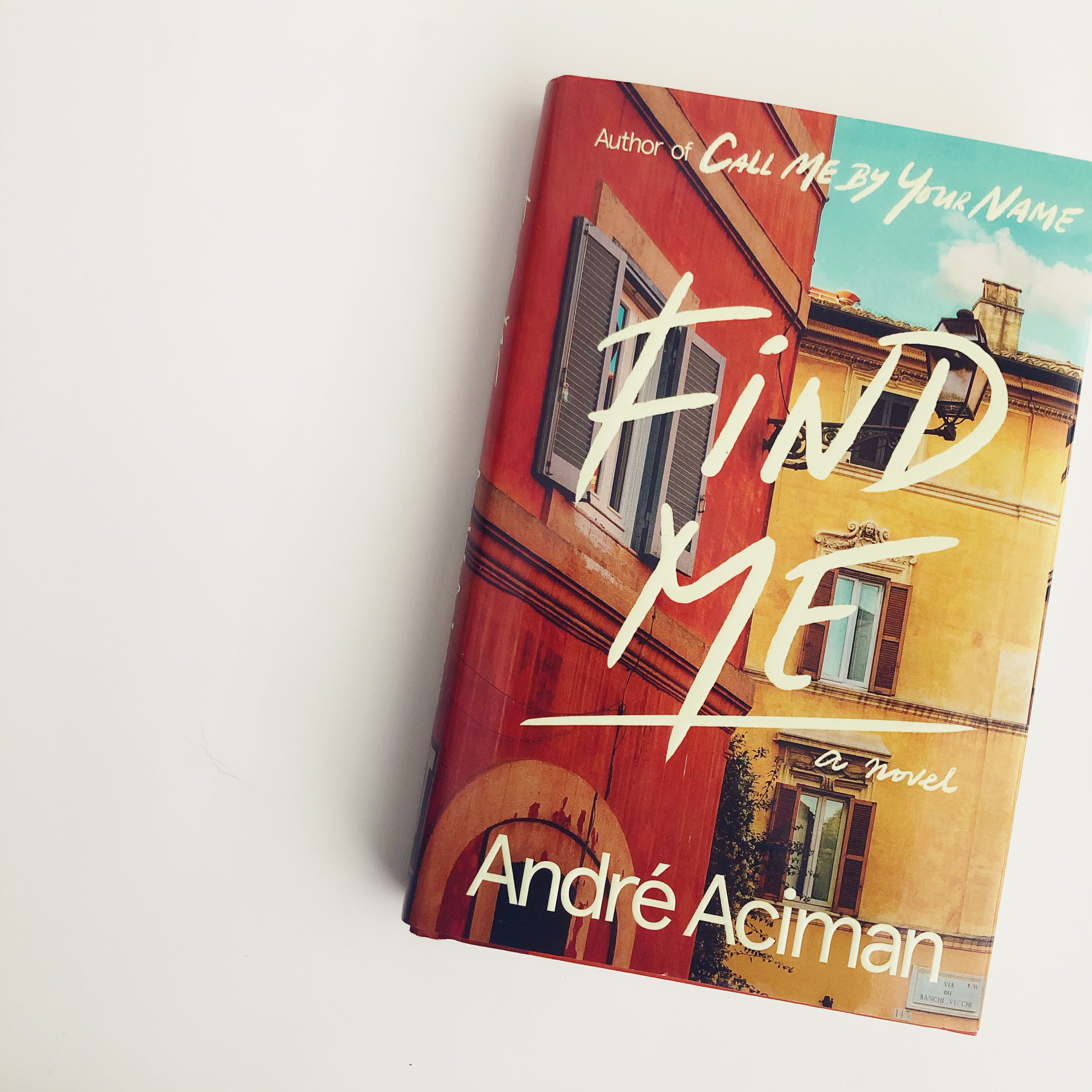
2/5 stars
I’ll preface by saying that I know is an unpopular opinion, and that Yaa Gyasi is very loved and respected. I believe there’s a reader for every book, but in this case this just wasn’t for me. It’s hard for me to rate books below 3 stars as I have a deep respect for those who share their vulnerability and put their work out into the world. I also value respectful criticism when required, which I’ll try to provide here. There may be mild spoilers below.
Gyasi has crafted a story aimed at addressing some pretty heavy subject matter: depression, grief, addiction, and the immigrant experience (from multiple generations). The story centres around Gifty who is caring for her deeply depressed Ghanaian mother in the aftermath of her brother’s death by overdose. Gifty is a gifted neuroscience student, studying addiction in mice as a way to heal and better understand her brother’s inability to recover.
The style is that of a memoir – we spend most of our time in Gifty’s head, reading about her as she walks through these experiences. What was missing for me was an emotional depth that never came to be. As an example, Gifty describes finding her mother suicidal and overcome with grief, but describes the scene so factually that I was not able to feel that despair along with her. This happens time and time again as the family experiences blatant racism, abandonment by the patriarch of the family, and the pitfalls of addiction.
Perhaps its because Gifty is emotionally closed off or because she is a scientist who looks at situations factually, but the writing was too flat and uninvolved to elevate this book for me. I loved the concept of the story, but was ultimately left empty and unattached. Another thread to this story is that of the second generation immigrant – Gifty came to America at a very young age so has no real connection to Ghana, but also feels a sense of displacement in America. Again, the story alludes to this discontentment, but never goes all the way with it. In short, I wanted so much more from nearly every facet of this book.
If you’ve read Transcendent Kingdom I’d love to hear your thoughts. Am I completely off the mark? Did you love it?








